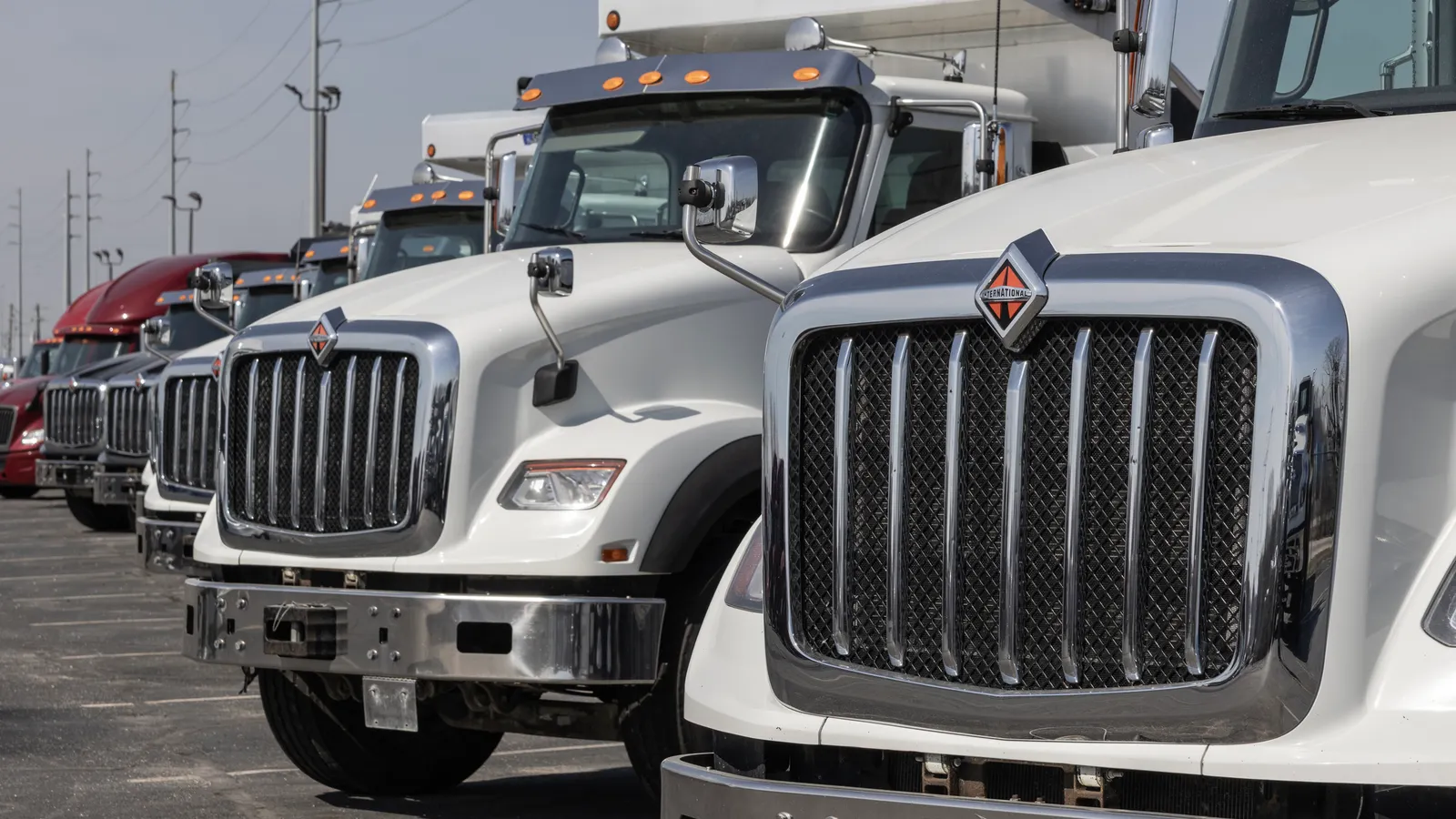Přehled soudního sporu
In a significant move, four leading Original Equipment Manufacturers (OEMs) have initiated a lawsuit against the California Air Resources Board (CARB) to address ambiguities surrounding a conflict between state and federal emissions regulations. This lawsuit aims to provide clarity regarding the obligations manufacturers must adhere to. The key players involved in this legal battle include Daimler Truck North America, International Motors, Paccar, and Volvo Group North America, each seeking to invalidate a 2023 emissions reduction accord known as the Clean Truck Partnership.
Implications of the Clean Truck Partnership
The Clean Truck Partnership was established with the intent to guide manufacturers away from traditional diesel models toward zero-emission vehicles. However, recent legislative changes at the federal level have rolled back previously established policies from the Environmental Protection Agency (EPA), injecting layers of complexity into compliance for manufacturers.
The Legal Quagmire
The lawsuit expresses that the OEMs are “caught in the crossfire”—California’s stringent emissions standard requirements clash with federal legislation that deems these very regulations illegal.
The lawsuit states: “Accordingly, Plaintiff OEMs file this lawsuit to clarify their legal obligations under federal and state law and to enjoin California from enforcing standards preempted by federal law.”
This legal challenge underscores the critical need for clear and unified guidelines as manufacturers navigate their operational landscapes amidst conflicting regulations.
Current Regulatory Environment
The tension between state and federal emissions standards is not merely a technicality; it holds profound implications for the logistics and transport sector at large. California’s Clean Truck Partnership envisions an ambitious transition from traditional engine production from 2024 to 2026, with an incremental tightening of restrictions each year. However, manufacturers have been met with escalating pressures, including potential civil penalties from CARB for non-compliance.
Federal and State Authorities in Conflict
As manufacturers attempt to comply with California’s goals, the federal Justice Department’s efforts have intensified against CARB’s initiatives, issuing cease-and-desist letters questioning the legality of California’s stringent penalties. The situation presents a precarious position for the manufacturers, who are compelled to comply with potentially incompatible standards or face exclusion from one of the nation’s largest trucking markets.
The implications that arise from this tug-of-war extend beyond the manufacturers themselves and reach into the logistics sector, where compliance and operational efficiency hinge on regulations that often vary greatly depending on geographical jurisdiction.
Looking Ahead: Industry Impact
The ramifications of this lawsuit and the ensuing court decisions could shape the landscape of logistics, influencing how freight and transportation services adapt to changing environmental standards. With different states taking varying approaches to emissions regulations, there will likely be increased pressure on logistics companies to adapt their operations to meet these evolving requirements.
The manufacturers are not merely seeking to protect their interests; they are concerned about the broader implications for logistics. What happens when manufacturers’ ability to produce compliant vehicles is hindered by conflicting regulations? It could lead to supply chain disruptions, increased costs for logistics providers, and ultimately, higher prices for consumers. This domino effect highlights the interconnected nature of transportation laws, environmental regulations, and market dynamics.
Conclusion and Best Practices for Logistics
This legal battle draws attention to the pressing need for a cohesive regulatory framework that can accommodate the growth trajectory of zero-emission vehicles without stunting the operational capabilities of manufacturers and logistics providers alike. As new technologies and standards are introduced, the logistics sector must remain agile, leveraging innovative solutions to navigate compliance while optimizing shipping efficiency.
Empowering Logistics with GetTransport.com
Even amid uncertainty in regulations, logistics providers have a reliable partner in GetTransport.com, known for its affordable and versatile cargo transportation solutions. Whether it’s for moving offices, delivering cargo, or transporting bulky items, GetTransport.com offers a seamless way to adapt to the demands of the modern logistics landscape. The platform’s transparency and commitment to customer satisfaction ensure logistics operations remain smooth and effective.
In summary, as manufacturers and the logistics sector brace for the impacts of regulatory changes, the importance of reliable and flexible transportation solutions cannot be overstated. GetTransport.com empowers individuals and businesses to order their cargo transportation with ease and at competitive prices globally. This not only aligns with the needs in a dynamic regulatory environment but also grants peace of mind when navigating an ever-evolving transportation landscape. For your logistics needs, consider the convenience and reliability offered by GetTransport.com. Rezervujte si jízdu na GetTransport.com.

 Výrobci nákladních vozidel zpochybňují emisní standardy Kalifornie právní cestou">
Výrobci nákladních vozidel zpochybňují emisní standardy Kalifornie právní cestou">